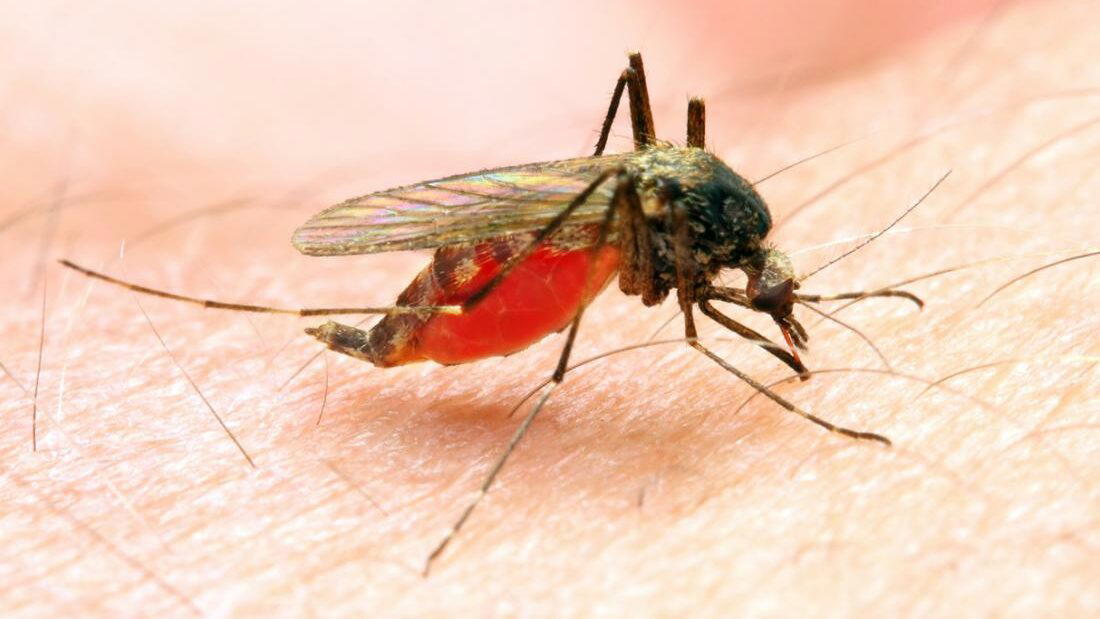World’s first test for detecting malaria receives funding

By Sola Ogundipe
Research to develop and deploy a world-first diagnostic test that could accelerate malaria eradication has been bolstered with over $1.3 million in new funding from the National Health and Medical Research Council (NHMRC).
Two WEHI projects have received funding to clinically translate a test that can detect people with ‘hidden’ Plasmodium vivax – considered the most widespread and resilient malaria parasite for its ability to remain dormant in the liver for years.
The funding will support the development of the first point-of-care rapid diagnostic test and the deployment of the laboratory version of the test in the Philippines.
Over $945,900 in funding to develop the first point-of-care rapid diagnostic test that can detect people at risk of relapsing P. vivax infections, the predominant source of malaria outside of Africa.
Professor Ivo Mueller, a world expert in the biology, epidemiology and control of P. vivax malaria, worked on crucial research that led to the first test to accurately pinpoint when someone has been infected with the parasite and importantly, whether they are at risk of relapsing.
Mueller, Joint Division Head of WEHI’s Population Health and Immunity Division, said the test would be a game-changer for malaria control programs that have been trying to stamp out this relapsing parasite for decades.
“Being able directly target hidden liver-stage parasites is crucial for successful vivax elimination because they can be responsible for over 80 per cent of all blood-stage infections. Unfortunately, there are currently no tests that can accurately detect who is carrying this insidious parasite in their bodies,” he said.
“Our novel test can show whether someone has had a P. vivax infection within the last nine months. This timing is critical as most people in tropical regions are expected to relapse within nine months of a previous blood-stage infection.
“Malaria reinfections are a leading cause of residual transmission that continue to challenge malaria eradication efforts.
“Our test is the closest the scientific world has come to tracking and predicting these ‘hidden’ infections and we are thrilled to start translating these findings to a rapid diagnostic test to improve the lives of those affected by the malarial health burden.”
Chief Investigator, Dr Longley, said efficiently eliminating the parasite required malaria control programs to develop tools that can detect areas with ongoing transmission and identify and treat people with these dormant infections.
“To date, there has been no assessment of the underlying P. vivax asymptomatic infections that may be contributing to these sporadic outbreaks in Sultan Kudarat,” Dr Longley said.

